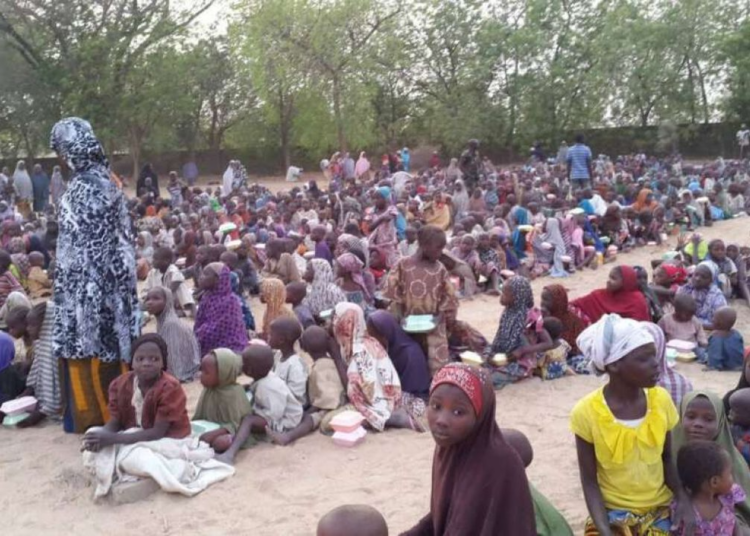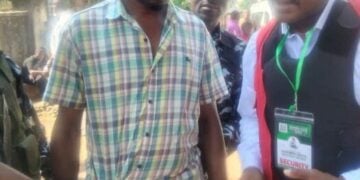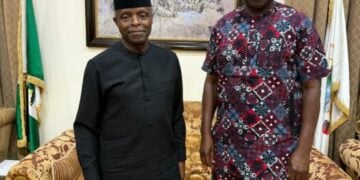The National Agricultural Land Development Authority (NALDA), in collaboration with the National Commission For Refugees, Migrants, and Internally Displaced Persons (NCFRMI), is set to engage 3.1 million Nigerian refugees and internally displaced persons in an agricultural project.
Tagged ‘Renewed Hope Restoration Project’, it is aimed at building a sustainable livelihood for the 3 million out of 6.1 million IDPs in Nigeria and the 100,000 Nigerian refugees in Cameroon, Niger Republic and Chad, in addition to ensuring food security in the country.
Both agencies disclosed this during the MoU signing in Abuja, solidifying the partnership.
Scheduled to kick off within the first quarter of 2025, the ten-year project, spread across selected states in Nigeria’s six geopolitical zones, will provide refugees with the assets, skills, machinery, marketing, and distribution channels requisite to grow and market crops, sustain their livelihoods, and boost the nation’s GDP.
NALDA, with the aid of the federal government, is providing the land and machinery, while the NCRFMI offers the manpower for the project.
Speaking at the event, the Executive Secretary and CEO of NALDA, Engineer Cornelius Adebayo, said that President Bola Tinubu is adhering to his promise to make ‘millions of hectares of land’ available for agricultural production through the agency.
To do so, NALDA, Adebayo said, has designed programmes to utilise the ‘cleared land’ and presidential-approved projects for factorisation and mechanisation, including the GIP Project signed by Nigeria in Brazil, the Brazilian Tractor Project based in NODF, and the Renewed Green Project, among others, which will import tractors and other agricultural machinery.
“These machines will be deployed for the IDP’s use in this project. We create an environment where they are comfortable, settled and can live and earn a decent income. This is a way to rebuild people, which is the aim of this project.”
On his part, the CEO of NCRFMI, Tijani Aliyu Ahmed, noted that beyond the food handouts given to IDPs and refugees, Renewed Hope Restoration Project “will teach them how to source the food, feed themselves and go the extra mile of ensuring that they can cater for the livelihood of their families.”
He also noted that with women as a significant demographic in the IDP camps, “a chunk of the percentage of beneficiaries will go to women and youth”.
In her address at the event, Special Assistance to the President on Humanitarian Affairs and Developing Partner Ina Audu said the project would restore the sense of dignity and belonging of displaced Nigerians, who more often than are from rural communities.
“I am happy that this project will change their lives forever because what they learn from this will be passed on to others. Being able to have a place to live and the ability to build better lives for their children.
“This means that we hope to return to a green Nigeria, where we don’t depend on oil but agricultural exports to boost our economy).”





